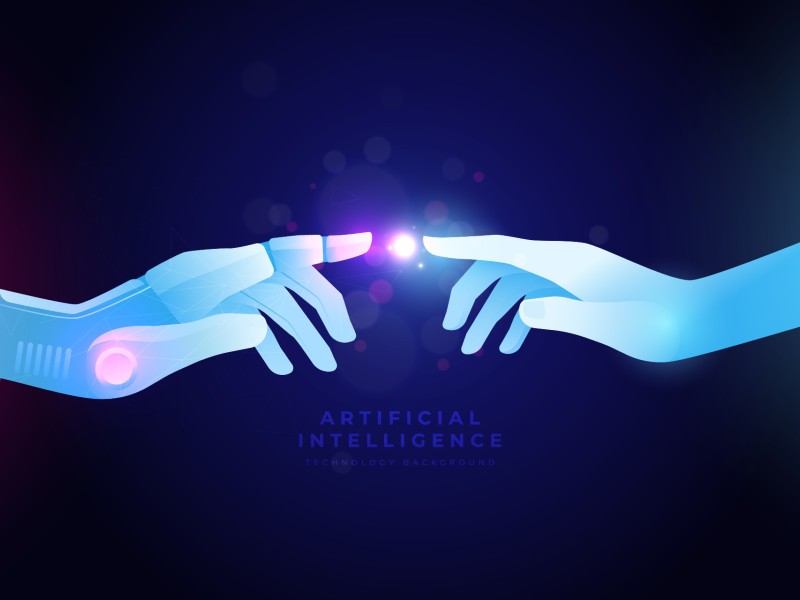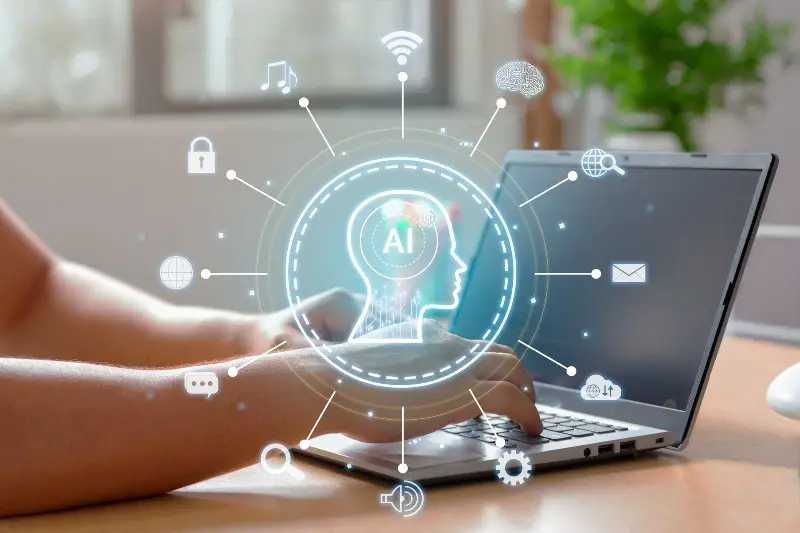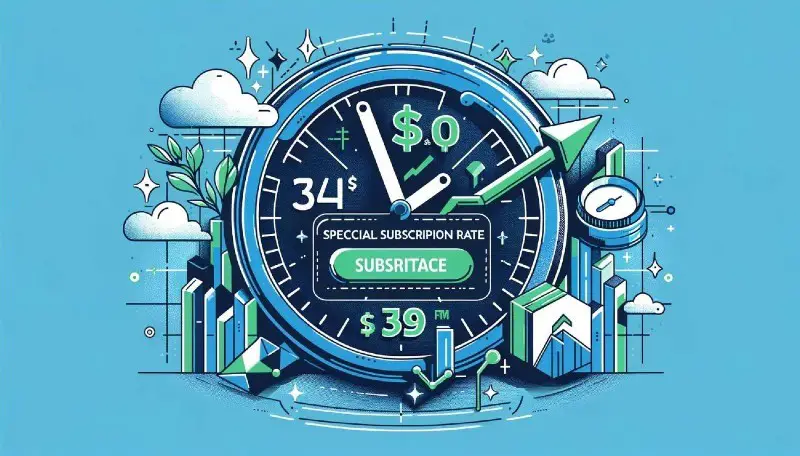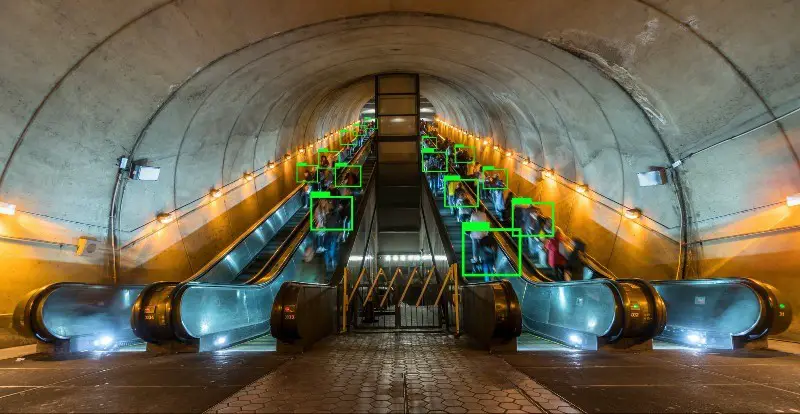Introduction
From robotics and automation to big data and machine learning, artificial intelligence (AI) is no longer a futuristic concept but an integral part of our everyday lives. Its influence transcends traditional tech sectors, reaching industries as diverse as healthcare, finance, and even arts. One sector that is increasingly experiencing the transformative power of AI is the culinary world. AI is introducing unprecedented changes in the way we cook, eat, and think about food.
This blog post aims to guide students and academics through an exploration of the role of AI in cooking and gastronomy. By delving into how AI is transforming the culinary world, we can better understand how this technology is shaping our food experiences, now and in the future. So, get ready for a journey that will take you to the cutting-edge kitchens of the AI-driven gastronomy era.
Through this exploration, we will uncover the essence of AI’s role in cooking, its impact on recipe generation, food safety and quality, and finally, gaze into the future of gastronomy, seasoned with a sprinkle of AI innovation.
Artificial Intelligence in Cooking and Gastronomy
The journey of AI in cooking and gastronomy is a story of technological marvel, creative innovation, and a continual quest for perfection. By analyzing vast amounts of data from recipes, ingredients, cooking techniques, and even customer reviews, AI is providing chefs, restaurateurs, and food companies with unprecedented insights into what makes food delicious, enjoyable, and memorable. The results are revolutionary, sparking new culinary trends, enhancing restaurant operations, and even creating new gastronomic experiences for diners.
AI is not just an instrument for analysis; it’s a catalyst for creativity. With the power to analyze millions of data points, AI can identify hidden patterns and correlations that even the most experienced chefs might miss. These insights can fuel culinary innovation, paving the way for new dishes, cooking techniques, and gastronomic experiences.
Artificial Intelligence and Deep Learning with Python
Are you wearied by deep learning resources that don’t clarify every single line of code? “Artificial Intelligence and Deep Learning with Python” revolutionizes the way deep learning, AI, and Python are introduced to beginners. The author draws an insightful analogy, equating a computer language with any other language, asserting that understanding every component of a sentence or a line of code is vital to generate novel ones. Unlike other resources claiming to be for “beginners”, this book stands out by dissecting and explaining every line of code.
There’s nothing more perplexing than encountering an unexplained line of code after an initially well-explained one. This book ensures a seamless learning journey with comprehensive explanations for each line of code in every project discussed, along with detailed insights into deep learning and AI concepts. Whether you’re a Python novice or a seasoned programmer, this book will guide you through the intriguing applications of Python in diverse AI and deep learning projects.
You’ll dive into captivating projects and topics, including:
- Deep learning applications in audio/music and voice recognition
- Neural network implementations with image files
- Creating an algorithm for predicting stock prices
- Applying AI through Thompson sampling
- Using deep learning for crime statistic predictions
- Binary classification with neural networks
- Building a Convolutional Neural Network (CNN) for your image files
- Teaching your computer to “read” and “comprehend” the English language
- SQL integration with neural networks
About the author: Steven D’Ascoli, an adjunct professor at St. John’s University, is renowned for his multi-disciplinary expertise.
How Artificial Intelligence is Transforming the Culinary World
AI’s influence on the culinary world is multi-faceted. It is revolutionizing everything from menu planning and recipe development to kitchen operations and customer service. For instance, AI algorithms can analyze a vast array of recipes to suggest new combinations of ingredients, helping chefs to break away from traditional recipes and create novel dishes.
AI also streamlines kitchen operations. In busy restaurant kitchens, AI-powered robots can perform repetitive tasks such as chopping vegetables or stirring sauces, freeing up chefs to focus on more creative aspects of cooking. Meanwhile, AI chatbots and virtual assistants are enhancing customer service in restaurants, providing personalized recommendations, handling reservations, and answering queries round-the-clock.
AI’s transformative power in the culinary world is perhaps most vividly showcased in the emergence of ‘smart’ cooking appliances. From AI-powered ovens that adjust cooking times and temperatures for optimal results, to intelligent fridges that can suggest recipes based on the ingredients you have, AI is making home cooking more convenient and enjoyable.
Artificial Intelligence in Recipe Generation: A New Taste Experience
Beyond aiding professional chefs and enhancing kitchen appliances, AI is carving out a unique niche in recipe generation. Leveraging machine learning, AI systems can sift through countless online recipes, learn patterns and commonalities, and generate entirely new recipes that humans may not have thought of. It’s a blend of technology and creativity that brings a new taste experience to the table.
The IBM’s AI system, Chef Watson, is one such example. It uses AI to combine ingredients in ways that would seem counterintuitive to humans but produce surprisingly delightful results. By understanding the chemical compounds of different ingredients, Chef Watson can create unique and novel recipes. A Belgian Bacon Pudding, anyone? (source: IBM’s Chef Watson)
Another example of AI in recipe generation is Google’s AI experiment, “Bake with Google AI.” The project involved training a machine learning model on a dataset of hundreds of cookie recipes. The model then generated its own recipes, resulting in unique concoctions such as “Cakie” (a cake-cookie hybrid) and “Breakie” (a bread-cookie combination). (source: Google’s AI baking experiment)
Which of the following industries commonly requires data entry tasks?
The Impact of AI on Food Safety and Quality
As our reliance on AI continues to grow in the culinary world, so too does its impact on food safety and quality. AI is playing a critical role in ensuring the safety of our food supply chain, from farm to fork.
In the farming industry, AI-powered drones and satellites are used for precision agriculture. They monitor crops for signs of disease or pest infestation, enabling farmers to take immediate action and prevent widespread damage. This not only enhances food safety but also improves crop yield and quality.
AI is also transforming food inspection. Traditional manual inspection methods are labor-intensive and prone to errors. But AI-powered vision systems can quickly and accurately identify defects or contaminants in food products. Companies like Intello Labs use AI to assess the quality of agricultural produce, ensuring only the best products make it to our dining tables. (source: Intello Labs)
AI even has the potential to combat food fraud. With the ability to analyze the molecular composition of food, AI can identify whether a product is genuine or counterfeit. This could be particularly beneficial in the high-end food market, where items like wine, olive oil, or caviar are often counterfeited.
Experience unparalleled performance and reliability with Pixels Web Design’s WordPress Hosting Services, expertly engineered to empower your website with speed, security, and seamless scalability.
The Future of AI in Gastronomy
Looking ahead, the future of AI in gastronomy is filled with exciting possibilities. AI could help us design healthier recipes by suggesting substitutions for high-calorie or allergenic ingredients. It could also assist in creating personalized diets, tailored to an individual’s unique nutritional needs and preferences.
Furthermore, as our understanding of food science and AI improves, we might see more sophisticated AI chefs capable of crafting gourmet meals. AI could also further revolutionize restaurant operations, from automated cooking and serving robots to AI-driven management systems.
While some fear that AI might replace human chefs, it’s more likely that AI will serve as a powerful tool to augment human creativity and skill. As AI continues to evolve, it will undoubtedly bring new flavors, experiences, and efficiencies to our culinary world.
Conclusion
AI’s presence in the culinary world is undeniably transformative. It’s reshaping everything from how recipes are created to the way food safety is managed. Through its ability to analyze vast amounts of data and learn from it, AI provides valuable insights and tools that fuel culinary creativity, enhance efficiency, and ensure the safety and quality of our food.
In the near future, we can expect to see even more exciting developments in AI-driven gastronomy. From smarter kitchen appliances and AI chefs to
personalized nutrition and innovative taste experiences, AI will continue to push the boundaries of what is possible in the culinary world.
However, as AI becomes more ingrained in cooking and gastronomy, it’s essential to address the ethical considerations that come with its use. Issues such as data privacy, algorithmic bias, and the potential for job displacement in the culinary industry need to be carefully navigated. Striking the right balance between the benefits of AI and the preservation of human creativity and expertise is crucial for a harmonious integration of technology in the culinary landscape.
As students and academics, it’s vital to stay informed and engaged with the latest advancements in AI and its application in cooking and gastronomy. By understanding the potential of AI, we can actively participate in shaping its future and ensuring that it aligns with our values and aspirations.
In conclusion, AI is revolutionizing the culinary world, bringing new flavors, experiences, and efficiencies to cooking and gastronomy. From recipe generation to food safety and quality, AI is leaving its mark on every aspect of the culinary journey. As we move forward, embracing the power of AI while considering the ethical implications will be key to harnessing its full potential. So, let’s savor this exciting era where technology and gastronomy converge, and explore the endless possibilities that AI brings to the table.
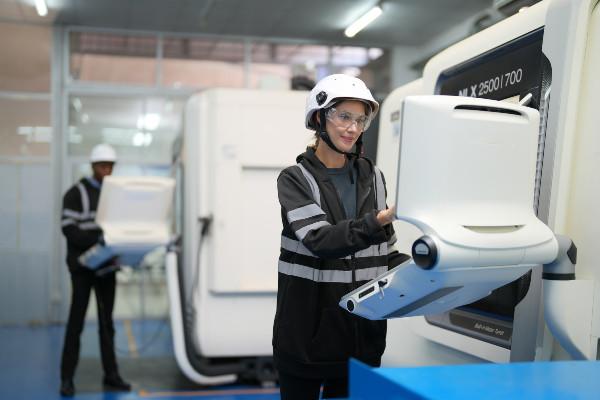
Unleashing the Power of AI: A Deep Dive into ChatGPT Login
92 / 100 Introduction Artificial intelligence is dramatically changing how businesses operate. As a business decision-maker, you have likely heard of ChatGPT, the large language

Unlocking the Secrets of Black Box AI
Dive into the world of Black Box AI with our beginner-friendly guide. Learn about its role in different sectors and the importance of making it transparent.

